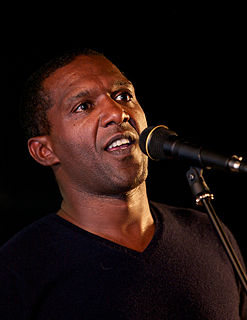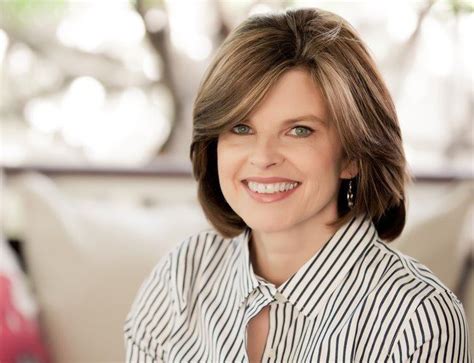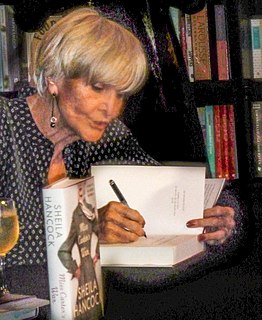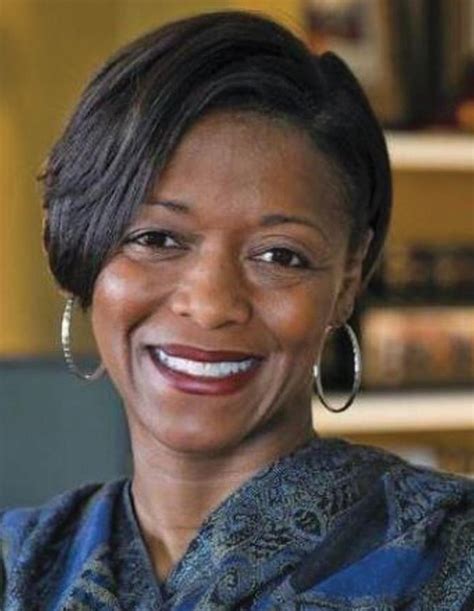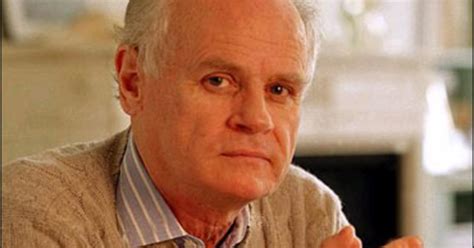A Quote by Lily Koppel
There is something so hopeful about a diary, a journal, a new notebook, which Joan Didion and Virginia Woolf both wrote about. A blog. Perhaps we all are waiting for someone to discover us.
Related Quotes
I'm so old that when I started keeping a diary they were in actual books, and I think that's one the reasons that I've never written about sex. Because early on you had to worry that someone was going to find your diary, so it's bad enough to be writing like Joan Didion, but writing like Joan Didion about sex acts you'd performed with somebody you had known for 20 minutes, that's a bit worse. So I would write in my diary, "I met J. and we had sex five times last night." But I would never write about what we did.
At Princeton I wrote my junior paper on Virginia Woolf, and for my senior thesis I wrote on Samuel Beckett. I wrote some about "Between the Acts" and "Mrs. Dalloway'' but mostly about "To the Lighthouse." With Beckett I focused, perversely, on his novels, "Molloy," "Malone Dies," and "The Unnamable." That's when I decided I should never write again.
Philip Glass, like [Virginia] Woolf, is more interested in that which continues than he is in that which begins, climaxes, and ends... Glass and Woolf have both broken out of the traditional realm of the story, whether literary or musical, in favor of something more meditative, less neatly delineated, and more true to life. For me, Glass [finds] in three repeated notes something of [a] rapture of sameness.
I think there's much more privileging of the new in art. I think people want to think they privilege the new in writing, but I agree with Virginia Woolf. She wrote a great essay called "Craftsmanship" about how difficult it is to use new words. It's really hard, but you see them coming in because obviously, if you're going to write... I mean, even to write "cell phone" in a novel - it's so boring.
Needless to say, the business of living interferes with the solitude so needed for any work of the imagination. Here's what Virginia Woolf said in her diary about the sticky issue: "I've shirked two parties, and another Frenchman, and buying a hat, and tea with Hilda Trevelyan, for I really can't combine all this with keeping all my imaginary people going.
Think of Virginia Woolf, 'A Room of One's Own' - that's what women have always needed under patriarchy and can't be creative without. They took away my classroom and my status to teach, and now they have taken away my office, and all of it is giving the message that Virginia Woolf and I are losing what I call 'womenspace.'





